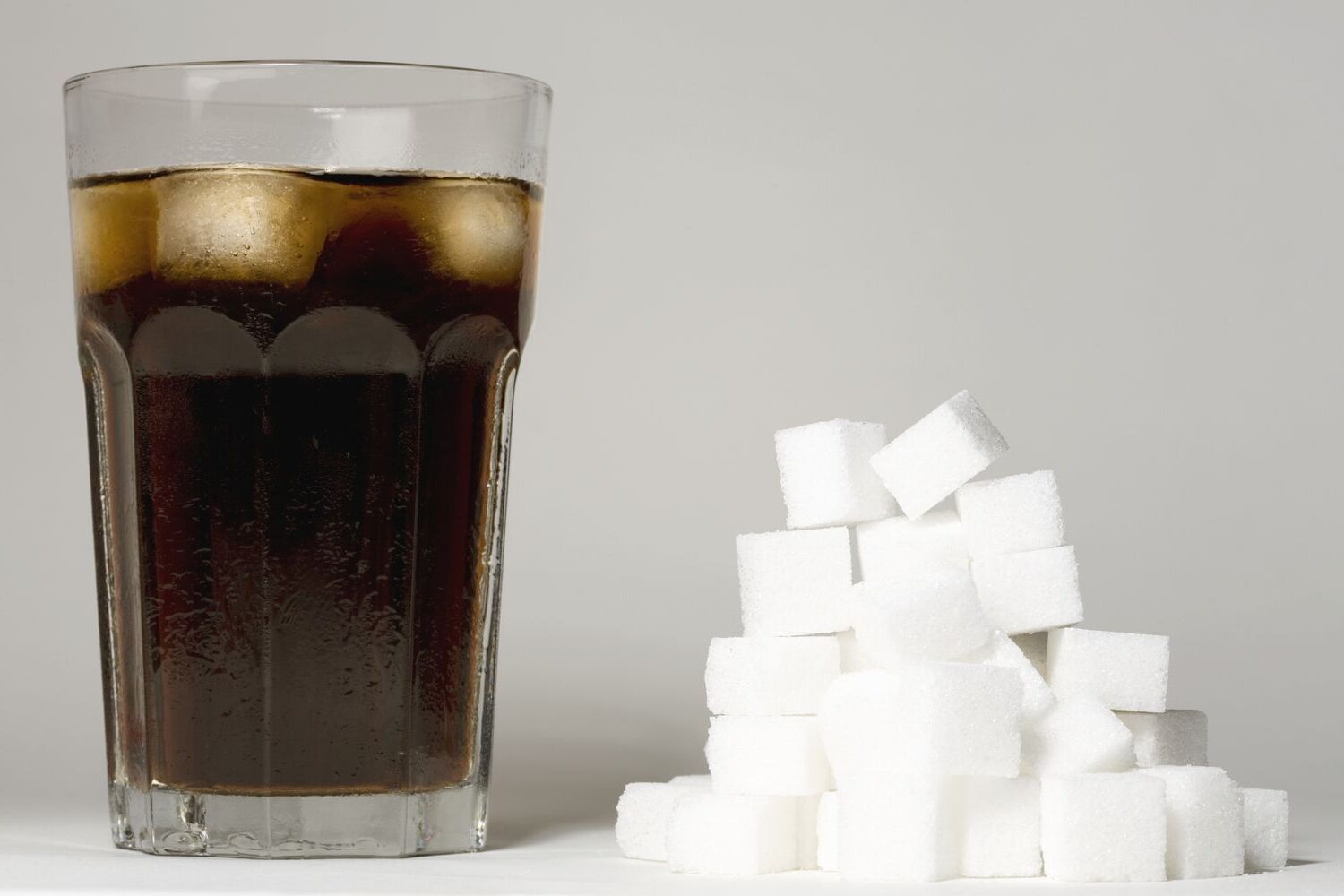
Are sugary sodas bad for you? Absolutely. These fizzy drinks might taste great, but they come with a host of health risks. Sugary sodas are packed with empty calories, leading to weight gain and obesity. They can cause tooth decay and cavities due to high sugar content. Regular consumption increases the risk of type 2 diabetes and heart disease. They also contribute to poor bone health and can lead to kidney problems. Even worse, the caffeine in many sodas can cause insomnia and anxiety. Despite their popularity, it's clear that sugary sodas are more harmful than refreshing.
Key Takeaways:
- Sugary sodas can lead to weight gain, diabetes, and tooth decay. Consider healthier alternatives like sparkling water, herbal teas, infused water, and natural fruit juices.
- The history, ingredients, and environmental impact of sugary sodas reveal a complex story. Understanding these facts can help make informed choices about beverage consumption.
The Sweet Truth About Sugary Sodas
Sugary sodas are a popular beverage choice worldwide. However, there's more to these fizzy drinks than meets the eye. Let's dive into some fascinating facts about sugary sodas.
History of Sugary Sodas
Sugary sodas have a rich history that dates back centuries. Here are some intriguing historical facts.
- The first soda was created in the late 18th century by Joseph Priestley, who discovered a method to infuse water with carbon dioxide, creating carbonated water.
- In 1886, Dr. John S. Pemberton invented Coca-Cola, which originally contained cocaine and caffeine from the kola nut.
- Pepsi-Cola was introduced in 1898 by Caleb Bradham, a pharmacist who aimed to create a digestive aid and energy booster.
Ingredients in Sugary Sodas
Ever wondered what's inside your favorite fizzy drink? Here are some key ingredients commonly found in sugary sodas.
- High fructose corn syrup (HFCS) is a primary sweetener in many sodas, derived from corn starch and cheaper than sugar.
- Phosphoric acid is added to sodas to give them a tangy flavor and prevent mold and bacteria growth.
- Caffeine, a natural stimulant, is often included to provide an energy boost and enhance flavor.
- Artificial colors and flavors are used to make sodas visually appealing and taste consistent.
Health Impacts of Sugary Sodas
Sugary sodas can have significant effects on your health. Here are some important facts to consider.
- Consuming sugary sodas regularly can lead to weight gain and obesity due to their high calorie content.
- Drinking sodas can increase the risk of developing type 2 diabetes by causing insulin resistance.
- Sugary sodas contribute to tooth decay and cavities because of their high sugar and acid content.
- Excessive soda consumption can lead to weakened bones and osteoporosis due to the presence of phosphoric acid.
- Studies have linked sugary soda intake to an increased risk of heart disease and high blood pressure.
Environmental Impact of Sugary Sodas
The production and disposal of sugary sodas have environmental consequences. Here are some facts about their impact on the planet.
- The production of plastic bottles for sodas contributes to plastic pollution, with millions of bottles ending up in landfills and oceans.
- Manufacturing sodas requires significant amounts of water, contributing to water scarcity in some regions.
- The transportation of sodas generates greenhouse gas emissions, contributing to climate change.
Popularity and Consumption
Sugary sodas are enjoyed by millions of people worldwide. Here are some facts about their popularity and consumption.
- The United States is one of the largest consumers of sugary sodas, with the average American drinking about 38 gallons per year.
- Mexico has one of the highest per capita soda consumption rates, with the average person drinking over 40 gallons annually.
- Sugary sodas are often marketed to children and teenagers, contributing to high consumption rates among young people.
- Despite health concerns, sugary sodas remain a staple at fast-food restaurants, movie theaters, and sporting events.
Alternatives to Sugary Sodas
For those looking to cut back on sugary sodas, there are plenty of alternatives available. Here are some healthier options.
- Sparkling water offers the fizz of soda without the added sugars and calories.
- Herbal teas provide a flavorful and caffeine-free alternative to sugary sodas.
- Infused water, made by adding fruits and herbs to water, can be a refreshing and healthy choice.
- Natural fruit juices, when consumed in moderation, can be a nutritious alternative to sugary sodas.
Interesting Facts About Sugary Sodas
Here are some fun and surprising facts about sugary sodas that you might not know.
Final Sip on Sugary Sodas
Sugary sodas, while tasty, pack a punch of health risks. From tooth decay to obesity, these fizzy drinks can wreak havoc on your body. They’re loaded with empty calories and can lead to type 2 diabetes. Not to mention, the caffeine in many sodas can mess with your sleep and cause addiction. Switching to healthier alternatives like water, herbal teas, or natural fruit juices can make a big difference. Your body will thank you for cutting back on the sugar and chemicals. Remember, moderation is key. Enjoying a soda now and then won’t hurt, but making it a daily habit can lead to serious health issues. So next time you reach for that can, think twice about what you’re putting into your body. Stay informed, stay healthy, and make choices that benefit your well-being.
Frequently Asked Questions
Was this page helpful?
Our commitment to delivering trustworthy and engaging content is at the heart of what we do. Each fact on our site is contributed by real users like you, bringing a wealth of diverse insights and information. To ensure the highest standards of accuracy and reliability, our dedicated editors meticulously review each submission. This process guarantees that the facts we share are not only fascinating but also credible. Trust in our commitment to quality and authenticity as you explore and learn with us.
